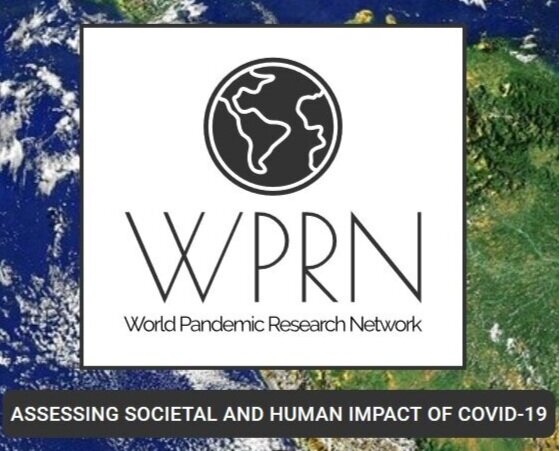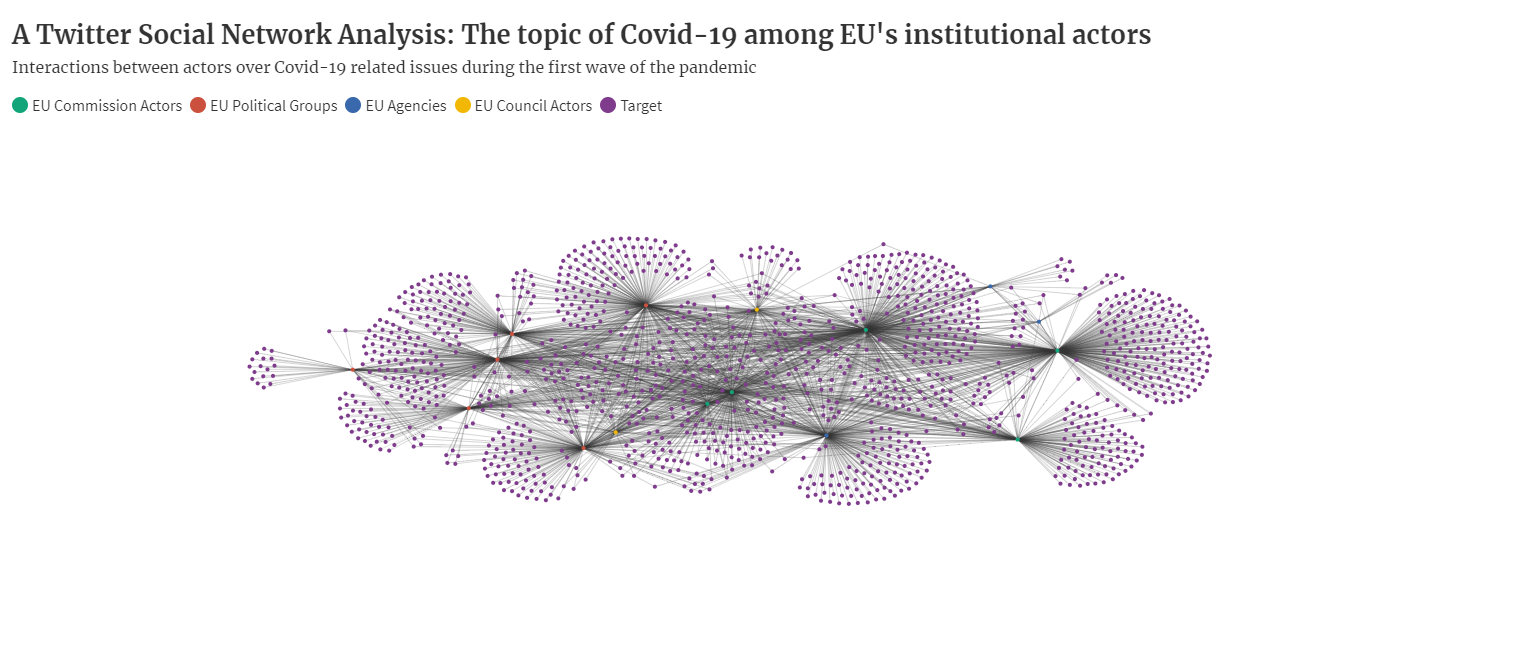Back in 2020 on Twitter…
At one point in the spring of 2020, the number of Tweets about Covid outnumbered all other Tweets combined among our European and International political actors, this was a remarkable moment in time where one topic completely flooded our real and virtual world.
Why Ukraine’s EU candidate status is far from just a symbolic gesture
On 23 June, Ukraine and Moldova were granted EU candidate status at a meeting of the European Council. Marie-Eve Bélanger argues that while the prospects of Ukraine joining the EU in the near future remain slim, the decision to award candidate status was far from just a symbolic move.
Research summary: mobility discourses during COVID-19
The takeaway? When institutional actors streamline their crisis communication, they contribute to tackle the infodemic by creating efficient information networks.
What prospect is there of Ukraine joining the EU?
Ukraine’s President, Volodymyr Zelensky, has requested that the country be allowed to join the European Union as a result of Russia’s invasion. Marie-Eve Bélanger draws on recent research to assess whether there is sufficient political support across Europe for Ukraine to be given a viable path to EU membership.
Blog Post in LSE Europp Series: The populist radical right in the European Parliament: A new force?
Does the rise of the populist radical right threaten the European integration process? Focusing on EU enlargement, Marie-Eve Bélanger and Natasha Wunsch show that populist radical right actors have been able to build an increasingly coherent discursive coalition opposing further widening of the European Union that is putting mainstream party families under pressure to respond.
LSE Europp Blog Series: Politicisation and rebordering: How the discourse surrounding EU enlargement has changed in European parliaments since 2004
There is little question the EU’s enlargement process has stalled since the ‘big bang’ enlargement of 2004, but how has the discourse surrounding enlargement changed in European parliaments during this period? Drawing on a new study, Marie-Eve Bélanger and Frank Schimmelfennig find that enlargement discourse in European parliaments was significantly more restrictive during the 2010s, with the enlargement process losing salience and becoming increasingly culturally contested.
New Blog Post on De Facto! Le défi de la légitimité : Communiquer sur la restriction de la mobilité pendant la pandémie
Face à la pandémie de COVID-19, les gouvernements du monde entier ont réagi en imposant des restrictions incisives de la mobilité des personnes. Dans des sociétés libérales profondément interdépendantes, ces restrictions de mobilité ont un coût social et économique important. L’incapacité à justifier et à légitimer ces restrictions incisives des libertés individuelles risque de contribuer à la politisation de la crise sanitaire et donc à sa transformation en crise politique. Pour les dirigeant.e.s politiques, une communication de crise efficace est essentielle pour atténuer ce risque. Pour être efficace, la communication de crise doit être légitime.
The impact of COVID-19 on borders discourses in Europe
A short summary of my current research of COVID-19 border discourses
EU enlargement beyond membership: a contribution to the ”Emerging Europe” News and Analysis Series
Bulgaria, Croatia, and Romania, alongside Cyprus and Ireland, represent the only EU member states outside of the border-free Schengen area. In early July, the European Parliament (EP) voted overwhelmingly in favour of Bulgaria, Croatia, and Romania joining the Schengen area.
Genealogy of the COVID-19 discourses project
It’s been almost a year since we started the project. Here we look back at how the project took form, and what we have accomplished in the past few months.
New publication! With Frank Schimmelfennig in JEPP: Rebordering Europe?
Enlargement is the most significant debordering policy of the European Union. In an analysis of debates in the European Parliament and a sample of member state national parliaments, this article examines whether EU enlargement discourse has been characterized by a politicized rebordering process since the mid-2000s. We find that enlargement discourse has become more ‘rebordered’ in the course of the 2010s.
European COVID-19 Twitter Mapping: Solidarity? What solidarity?
To address the challenged raised by the COVID-19 pandemic, European actors have stated their willingness to engage further with their international partners and enhance regional cooperation. However, the data shows that they still interact essentially with other national actors. Overall, international and multilevel connections remain marginal as the crisis is deepening.
Mapping European actors’ tweets about Covid-19
How do European political decision-makers connect when it comes to the pandemic discourse?
European decision-makers and their tweets about Covid-19
European borders are changing fast. Are discourses changing too?














